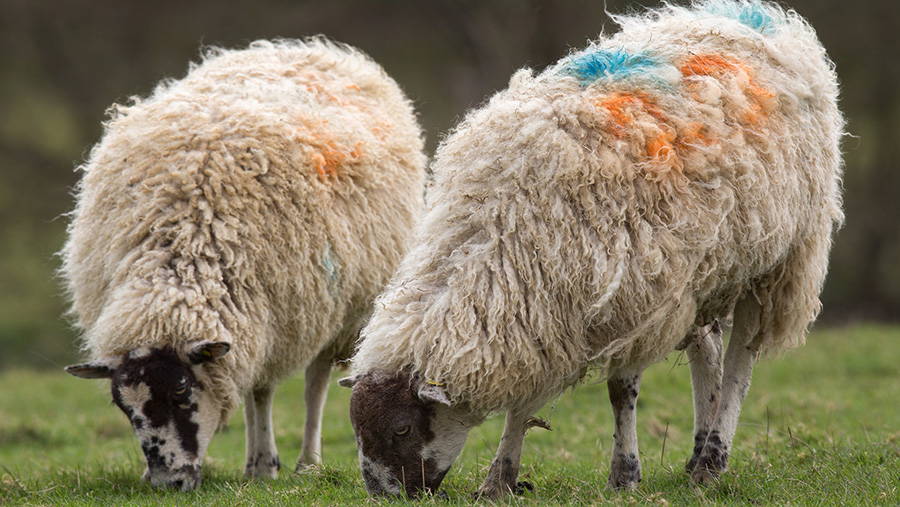Benefits of grass-fed label to face scrutiny
 © Tim Scrivener
© Tim Scrivener A research programme evaluating the impact of a pasture-only beef and lamb label hopes to transform many of Britain’s “green deserts”, which make up conventional agricultural land.
The project will analyse the benefits of farming to the Pasture For Life (PFL) standards on up to 60 farms in England, Scotland and Wales.
Project leaders hope insights from a three-year economic, environmental and social analysis of the farms will bolster UK food security and sustainability.
Funded by the UK’s Global Food Security programme, the project is one of five others within a £4.9 million package.
See also: Carcass data helps produce high-quality grass-fed beef
The funding comes from the Biotechnology and Biological Sciences Research Council (BBSRC), Economic and Social Research Council (ERSC), Natural Environment Research Council (NERC) and the Scottish government.
The study, entitled “Sustainable economic and ecological grazing systems – learning from innovative practitioners”, will look at PFL’s impacts on:
- Soil quality
- Pasture biodiversity
- Animal growth rates
- Consumers – who buys PFL products and those that do not
- Public goods – carbon storage, water quality, wildlife enhancement
George Eustice, minister of state for agriculture, fisheries and food, said pasture-fed livestock systems offer “great opportunities”.
He said there could be scope to dovetail pasture-fed opportunities with some of our native breeds.
Rothamstead Research director and chief executive professor Achim Dobermann welcomed the announcements, expressing concern at the lack of research finding solutions that farmers need.
“We are often not working on real-world problems and not working with or for farmers,” he said. “If we just concentrate on the technology end of things with no focus on real farm businesses – everyone will miss out. We need to work with more farmers and come up with solutions we can test in real-life situations.”
What does the Pasture For Life brand mean?
- High animal welfare: Farm Assurance Standards are a minimum. Many PFL producers adopt RSPCA Assured Scheme, Animal Welfare Approved or Organic Certification.
- A natural fiet: No grain or manufactured feeds are fed, ruling out maize, soya, wheat or pulses.
- Promoting wildlife: Guidance is given on natural and semi-natural grassland management and timing farming operations to ensure minimal disturbance to nesting birds.
